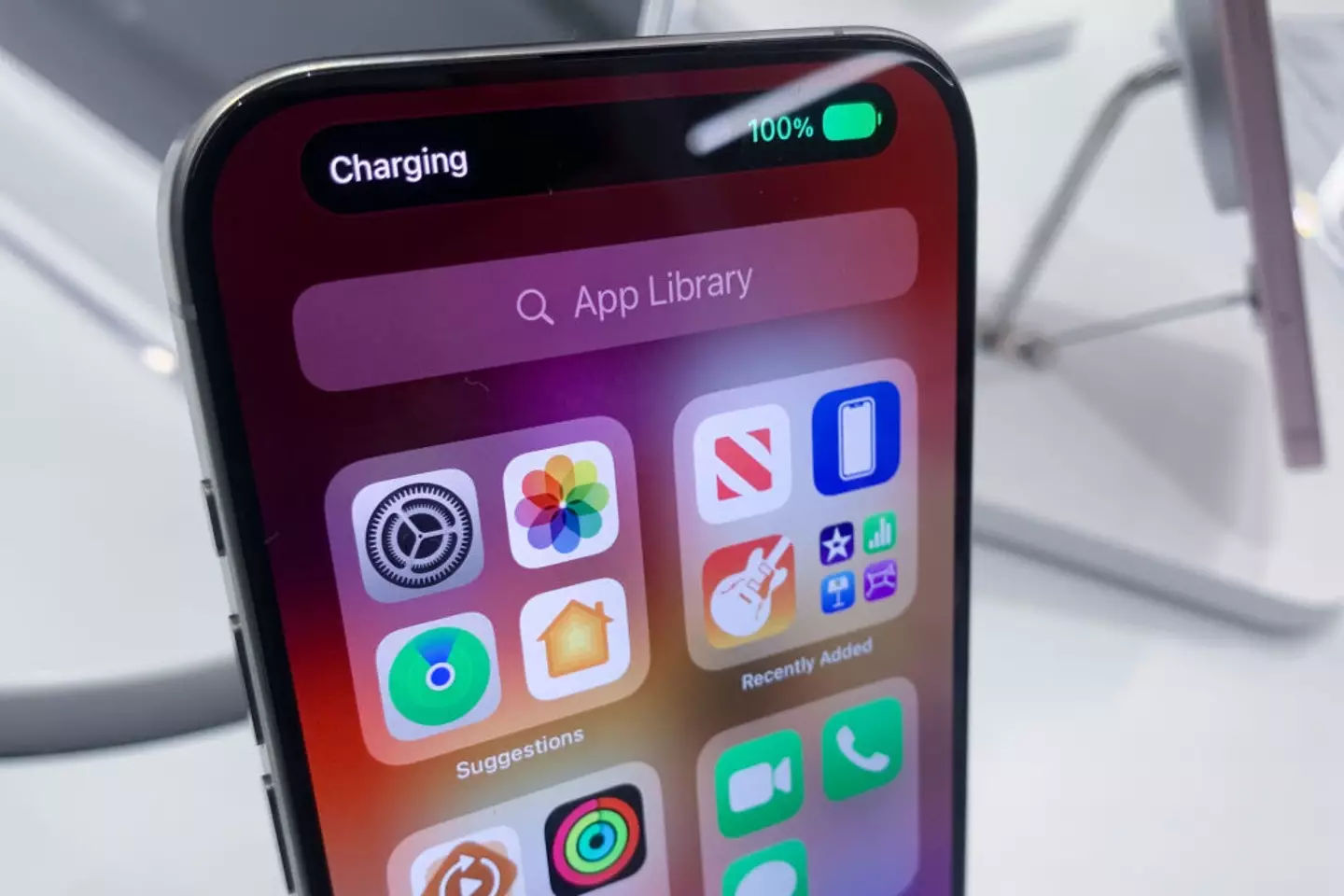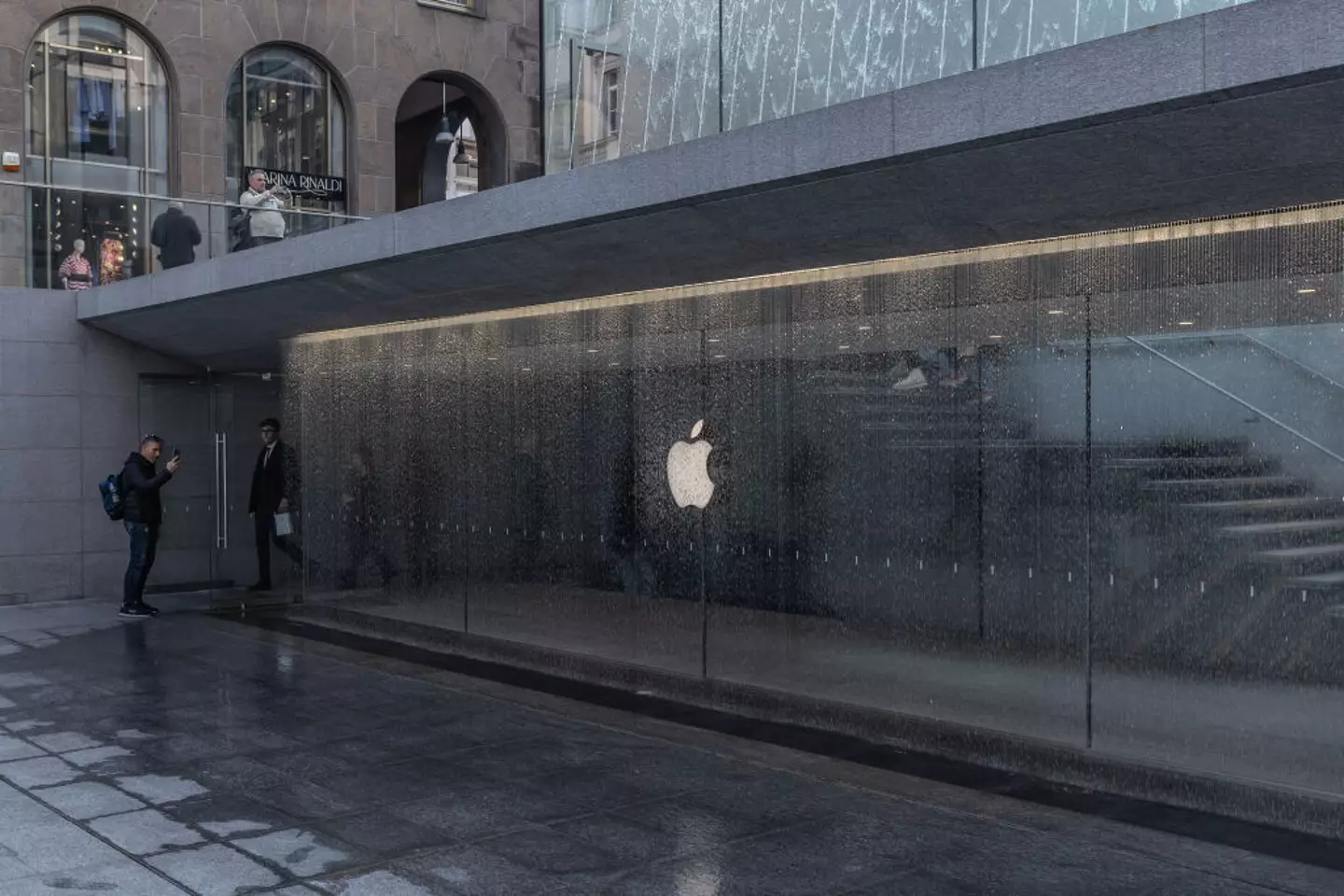
Apple's latest major update for iPhones, iOS 17.4, is expected to launch any moment now - likely to come out on or before March 6, bringing about some potentially huge changes.
The update is timed to coincide with the EU enforcing the new Digital Markets Act, and will bring a slew of tweaks to how iOS works as a platform.
As part of this process, Apple released a 32-page white paper this month to explain how it's 'Complying with the Digital Markets Act', which is what the paper is titled. It's an interesting read, and a pretty technical one in places, that gives insight into its approach to the situation.

Advert
One of the biggest U-turns that Apple has been forced into by the whole situation is all about the App Store. Right since the very first iPhone, this has always been the only way to download new apps to your iPhone.
This meant that Apple could, in theory, control what apps were available overall, and block apps that broke its service agreements or promoted illegal activity, for example.
However, it's now been decided that this system was also inhibiting competition, and Apple will change things in the EU so that users can sideload apps from other sources for the first time.
As Apple puts it in the white paper, its view is that 'in practice, users in the EU will lose the choice to solely remain on the App Store and keep all of Apple’s industry-leading protections, even if that is what they would prefer'.
This emphasizes security, and, again in Apple's words, 'Means Apple won’t be able to prevent apps with content that Apple wouldn’t allow on the App Store - like apps that distribute pornography, apps that encourage consumption of tobacco or vape products, [or] illegal drugs.'

So, it would seem that Apple isn't hugely happy about the situation - warning that complying with these competition laws will make the iPhone less secure than it currently is.
Under the new system in the EU, Apple will also begin showing users pop-up, on-screen alerts when they are about to leave the App Store to download an app or make a payment outside of the store and Apple’s payment system.
This all comes after a number of other tech firms have previously accused Apple of having a monopoly in the app market, by not letting iPhone users access rival app marketplaces or have different payment methods on the App Store.